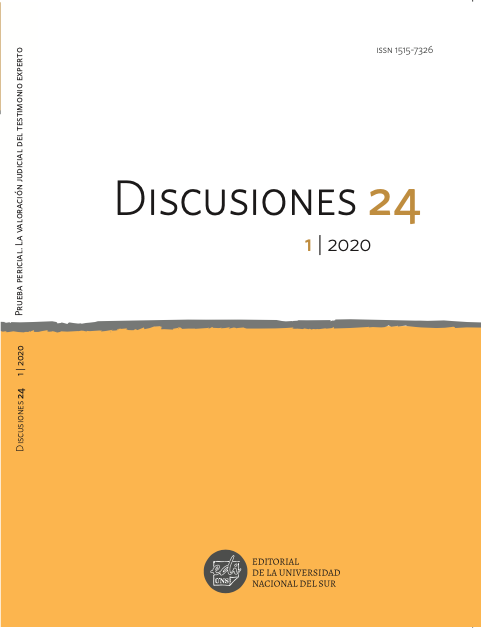Judicial restraint as an authoritarian constitutional legacy: the Brazilian Supreme Court and presidential lawmaking powers
DOI:
https://doi.org/10.52292/j.dsc.2020.2208Keywords:
Constitutional change, Transition to democracy, Separation of powers, Presidential Law-Making powers, Brazilian Supreme CourtAbstract
In the aftermath of the transition to democracy in the 90s, the Bra- zilian Supreme Court (STF) displayed significant restraint in how it interpreted and deployed the powers it had been granted by the new constitution. This was particularly true on the issue of presidential legislative powers. The new constitution created a limited mechanism for presidential law-making (medidas provisórias, or “provisional measures”), subjecting this new power to different kinds of legislative and judicial checks. In the 90s, however, the STF restricted these new checks in many ways, adopting a generally passive stance. While such displays of judicial restraint in consolidating democracies are unsurpris- ing from a strategic behavior perspective, in this paper I use the Brazilian case to show the influence of a different kind of variable: pre-constitutional legal understandings on the proper scope of judicial decision-making. Such legal understandings can influence judicial behavior beyond strategic calculations, insofar as they can express and shape sincerely held judicial beliefs on the appropriate role of their institution vis-à-vis the other branches. The Brazilian case shows that the legacy of traditional judicial beliefs can trump even new constitutional texts – even when these texts clearly empower courts to check other branches of government -, shaping separation of powers in lasting ways.
Downloads
Published
How to Cite
Issue
Section
License
Discusiones does not withhold rights of reproduction or copyright. Consequently, authors may share the final versions of publications.


